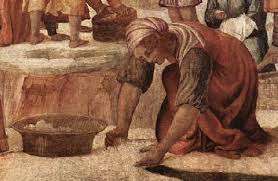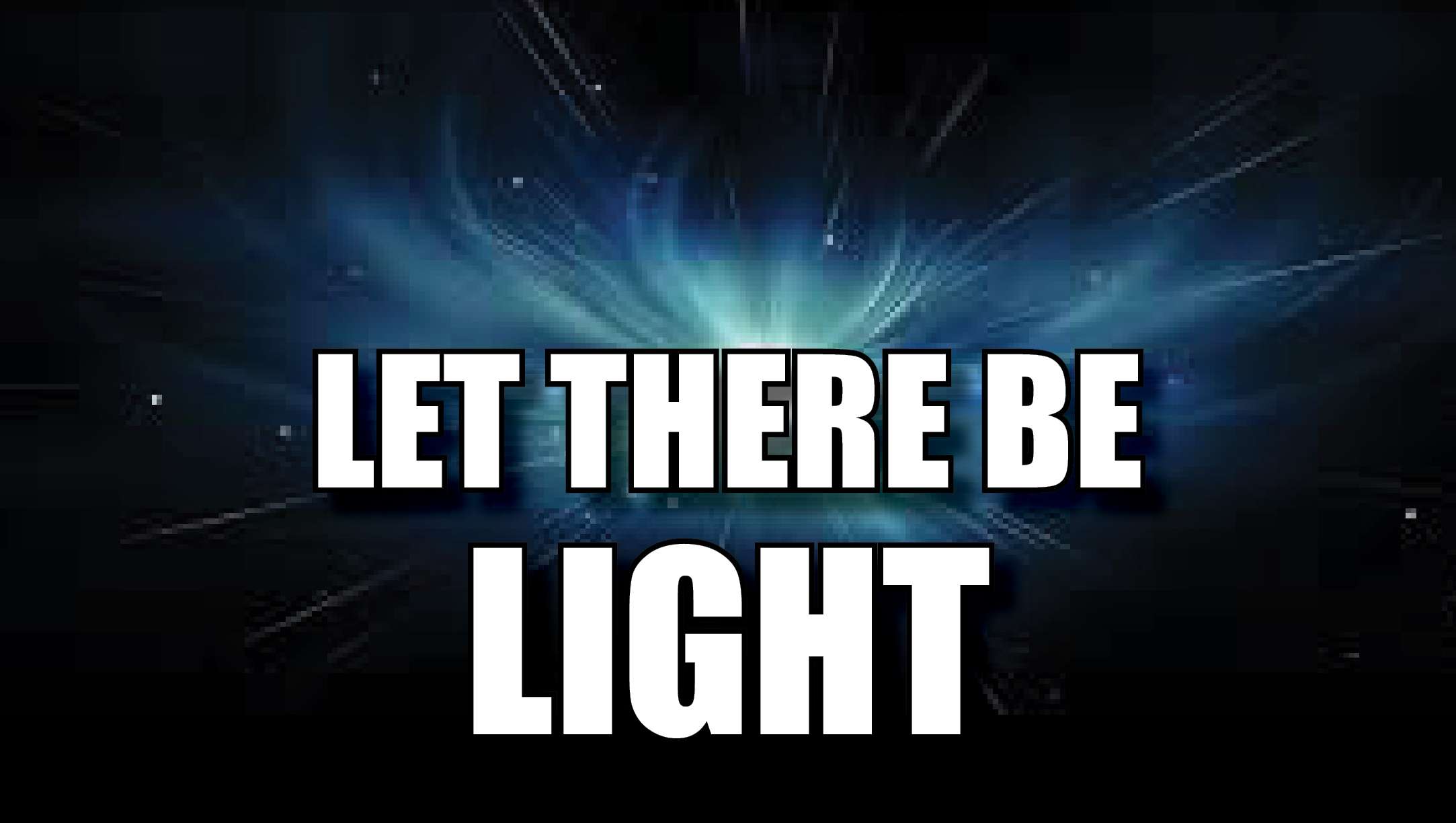

Why do the Righteous Suffer?
Dr. K. G. Jose
Suffering is part of human life whether righteous or wicked. “Yet man is born unto trouble, as the sparks fly upward” Job 5:7. The difference is, one is purificatory leading to glory; and the other as punishment, leading to destruction. “And not only so, but we glory in tribulations also; knowing that tribulation works patience ….” (Rom 5:3-4). The fallen world has its disorder evident in our daily life. We all suffer the results of the fall as sons of Adam.
Job
Suffering of a righteous person is the major question in the book of Job. We are interested in the suffering of Job just because of the divine testimony that Job “was perfect and upright, and one that feared God, and eschewed evil” (Job 1:1b). The friends of Job are educated, intelligent and spiritual people of the land. They are condemned by God in the end, “the Lord said to Eliphaz, the Temanite, My wrath is kindled against thee, and against thy two friends: for ye have not spoken of me the thing that is right, as my servant Job” (Job 42:7). The only reason is that they spoke wrong theology. Suffering of the righteous is a complicated topic that God alone can handle. The friends of Job tried to convict Job of his sins. They assumed the sins of Job and his sons. We human beings find simple answers for complicated issues.
On the other hand, Job has only one question to God to give a reason for his sufferings. If it was for any of the sins he committed, he wanted to know. Job takes an oath in chapter 31 that if he did any of the sins in personal life, family life or social life, “Behold, my desire is, that the Almighty would answer me, and that mine adversary had written a book” (Job 31:35). Finally, the Lord began to speak from chapter 38 following. There are five chapters that God gives answers from the whirlwind. Unfortunately, there is not a single answer to the question that Job asked. Instead of giving answers God gives a series of questions to Job and convinces Job that he does not know so many things that happen in his neighborhood and around him. The ignorance of Job as a human being in simple things of nature are highlighted. If Job does not know those simple things, Job need not know the complicated issues of life such as the reasons for the sufferings of the righteous.
Another important passage in the NT is John 9:2 where the disciples asked, “Master, who did sin, this man, or his parents, that he was born blind?” Jesus did not give an ‘either’, ‘or’ answer. We all have our traditional understanding of right and wrong and we expect punishments and rewards in this world on the basis of our actions. We generalise issues and find simple answers. But often our findings are wrong. In today’s life, we all find simple answers to the complicated issues of others. But our findings only complicate the sufferings of people just as the friends of Job. The only good thing that the friends of Job did was their silence for 7 days. If we keep silence and spend time with those suffer, it comforts them; but our words often hurt them.
The NT makes clear that judgment is not here. “And as it is appointed unto men once to die, but after this the judgment” (Heb 9:27). God judges according to our actions good or bad after death. “For we must all appear before the judgment seat of Christ; that everyone may receive the things done in his body, according to that he hath done, whether it be good or bad” (2 Cor 5:10). But the believers do not have judgment after death, and therefore will have chastisement for sins committed after salvation experience. “There is therefore now no condemnation to them which are in Christ Jesus, who walk not after the flesh, but after the Spirit” (Rom 8:1). “But when we are judged, we are chastened of the Lord, that we should not be condemned with the world” (1 Cor11:32). Those who do not experience chastening for sins committed after salvation experience are doomed for punishment with the world.
There are trials and temptations to every child of God on this earth. It always differs from person to person. My temptations and trials differ from my friend, wife or fellow believers. I have to be victorious in overcoming them. There are great lessons to be learned from them.
Analysis of the Statement
It is a fact that the saints who suffered did not complain at the end of their suffering. The complaints were made at the beginning of it. At the end they understood the goal of suffering and then they do not feel it as suffering. Job does not confess that he suffered but repents. “Then Job answered the Lord, and said … Therefore have I uttered that I understood not; things too wonderful for me, which I knew not… wherefore I abhor myself, and repent in dust and ashes”. Another saint who suffered is Habakkuk who becomes so strong in the end and utters “Although the fig tree shall not blossom…. The Lord is my strength….” (Hab 3:17-19). Jeremiah made more complaints at suffering initially, but not so at the end.
Can bad things happen to good people? Are there any that we can call good people? Is it correct to call a person good? The term good is applied to God alone. “Why callest thou me good? There is none good but one, that is, God” (Matt 19:17). Are there bad things to a child of God? Does a child of God say at the end of life what he/she suffered in life was bad? “And we know that all things work together for good to them that love God, to them who are called according to his purpose” (Rom 8:28). Thus we confess that only God is good and from that good God nothing bad comes to a child of God.
Theodicy
Can God be justified in the events of this earth? How do we understand providence and human suffering? Why earthquake to some and not to others? Are they acts of God? Some doubt the existence of God, then, blind chance helps such. Every part of the earth has its blessings and curses. We must look not on blessing alone or curses alone. They vary as years pass by. One part of the globe was rich at one point of time and became poor after a century or so. The earthquake, whirlwind and other events of nature are necessary for the existence of the earth. They are developments to keep the equilibrium of the planet earth. This world has its laws—as law of gravity, which if you disregard, pain results. Laws of digestion-improper eating lead to pain. It is a God-given warning for future.
Suffering is due, in part, to the kind of world God made-tilling and gardening is the beginning of subduing the earth. Subdue includes suffering and pain. Pain is a beneficent sign of limit of capabilities: it is a kind of boundary marker to go so far and no further. Muscle pain is a warning against overdoing labor and thus point to proper action. The pain felt is not a punishment of God for wrong activity but a positive signal of human limitations. “Try to exclude the possibility of suffering which the order of nature and the existence of free wills involve, and you will find that you have excluded life itself”. C.S. Lewis.
Subdue the earth, man with the woman (Gen 2:18); it is a function in close relationship. They need a high degree of sensitivity to one another, and learn how to fulfill their roles individually and corporately. But there are growing pains in an intimate relationship, learning what causes hurt to the other. Thus pain is not evil but leads to deeper understanding and responsible living. Two becoming one needs a lot of adjustments. The husband needs to learn what true headship is, and the wife true subjection. It calls for much love and understanding. There will be pain in the ongoing process of adjustment, but pain can deepen and enlarge relationship.
Man has a nervous system sensitized to both pleasure and pain-tears of joy and pain, heart that ache. It is part of being in the image of God. Suffering is connected to love and compassion. Love measured by the cross. To love much meant for God to suffer much. Man is created to show love, at the heart of love is compassion, a suffering with, is genuine humanness. As we enjoy the love of intimacy we also suffer the pain of separation in death. We all desire to live to 70 or 80 and then die in good health. But we do not have the freedom to decide so. Death can to happen at any time, so we must live a responsible life on earth. Early death has more pain while death of some, suffering too long is also painful. There is no untimely death to the righteous. They feel that their mission is over and they travel on to the next stage.
Here is a poem on human attitude:
The cry of earth’s anguish went up unto God,
Lord take away pain
Then answered the Lord to the world he has made
Shall I take away pain?
And with it the power of the soul to endure
Made strong by the strain?
Shall I take away pity that knits heart to heart
And sacrifice high?
Will ye lose all your heroes who lift from the flame
White brows to the sky?
Shall I take away love that redeems with a price
And smiles through the loss,
Can ye spare from your lives that would climb unto mine
The Christ on His cross? –James Stewart.
Suffering is also the grim result of sin and evil - not the kind of world that God made but punishment for turning away. ‘I will greatly multiply your pain …’ to love and cherish becomes ‘to desire and to dominate’ (Gen 3:16). I will multiply means increase that which was already there. Her role as helper and his headship do not mean domination. To man the ground is cursed, thorns and thistles. Work is not punishment, but toil, labor and pain. Both man and woman are punished in the most vital areas of their existence. Pain to woman, toil to man and even the earth is punished (Rom 8:20. 21).
Conclusion
life is not an easy journey. It has its struggles and pain. But we have the freedom to face it as children of God. There are people who focus only on the suffering aspect. We must ever be alert to the realities of life. In the midst of suffering, we have hope. when everything seems peaceful we prepare ourselves for the struggle ahead. Suffering proves oneself, some retaliate while others forgive. Some sink into selfishness, self pity. Child of God, do not pity thyself, pity others who are without God on earth. The whole heaven is concerned of your welfare. The Lord wishes to steer us in a different direction and so hedge us our way to direct us.
Suffering is a real problem only to those who believe in one God who controls everything. “It is good to hope and silently wait for the deliverance of the Lord” (Lam 3:26). Do not compare one life with others. I have a personal answer to my pain; but my answer is not a general answer. Every child of God has a time of tribulation in life. Face it as a child of God and fulfill the purpose of God in the midst of it.











